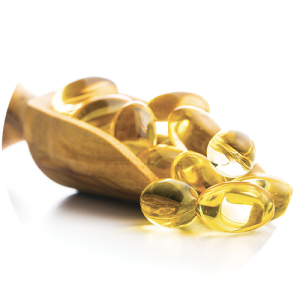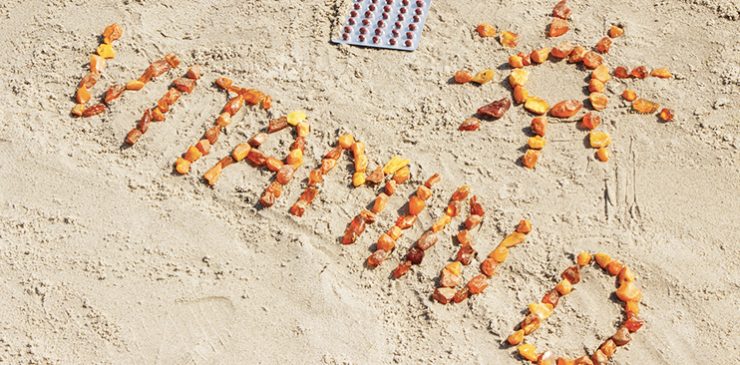Supports Bone Health
The incidence of osteoporosis following SCI is as high as 88%. We are at increased risk of this disease due to a number of factors including neurological lesion and subsequent immobilization, loss of weight bearing, altered blood circulation, bone related hormonal changes and changes to calcium metabolism. Calcium is vital to bone formation and sufficient levels of Vitamin D are necessary for the absorption of calcium in the intestines. Without enough Vitamin D, your body cannot absorb calcium.
Addresses Pain
50% to 81% of people with an SCI are estimated to experience musculoskeletal pain. Studies demonstrate there is a direct correlation between low Vitamin D levels and musculoskeletal pain.
Supports Immune Function
It is well documented that people with an SCI have compromised immune systems and are at increased risk of bacterial and viral infections. Furthermore, studies show that people with quadriplegia or complete SCIs tend to have greater immune suppression than people with paraplegia or those with incomplete SCIs. Vitamin D is an immunomodulator, meaning it has a positive influence on the immune system. For example, studies show that supplementing with Vitamin D can reduce the rate of respiratory infections by more than 50%. And a recent randomized controlled trial published in The Journal of Steroid Biochemistry and Molecular Biology showed Vitamin D is protective against severe or fatal cases of COVID-19.
 Unfortunately, deficient levels of Vitamin D are common in the SCI population. Studies demonstrate a deficiency range from 32% to 100% in both the acute and chronic stages of SCI. This is due to a host of reasons, such as, medication intake, restricted calcium intake, renal disease, gastrointestinal dysfunctions (such as low stomach acid), changes in metabolism, limited access to the sun due to hospitalization and/or immobility, decreased tolerance to heat as a result of poor temperature regulation and sensitive skin requiring the use of sun screen, which inhibits Vitamin D production.
Unfortunately, deficient levels of Vitamin D are common in the SCI population. Studies demonstrate a deficiency range from 32% to 100% in both the acute and chronic stages of SCI. This is due to a host of reasons, such as, medication intake, restricted calcium intake, renal disease, gastrointestinal dysfunctions (such as low stomach acid), changes in metabolism, limited access to the sun due to hospitalization and/or immobility, decreased tolerance to heat as a result of poor temperature regulation and sensitive skin requiring the use of sun screen, which inhibits Vitamin D production.
While it is possible to get some Vitamin D from oily fish, such as mackerel, eel, salmon, cod liver oil or egg yolks, it is nearly impossible to get the amount our body needs from these food sources. The best source of vitamin D is from the sun (when exposed to sunlight, cholesterol in the skin is converted to vitamin D3 through a complex process involving the liver and kidneys), but we Canadians have limited access to the sun with our long winters.
Moreover, vitamin D deficiency cannot be reversed overnight. It takes months of sunlight exposure to rebuild adequate levels in our body. So daily Vitamin D supplementation is the best way to maintain optimal levels and our overall health. I highly recommend 3-5000 IU/day of Vitamin D3 (based in coconut oil capsules or taken with a healthy fat, such as walnuts, as it is a fat-soluble vitamin and best absorbed in the presence of fat).

Joanne Smith is a dietitian specializing in nutrition for people with disabilities, and owner of Fruitful Elements, fruitfulelements.com






